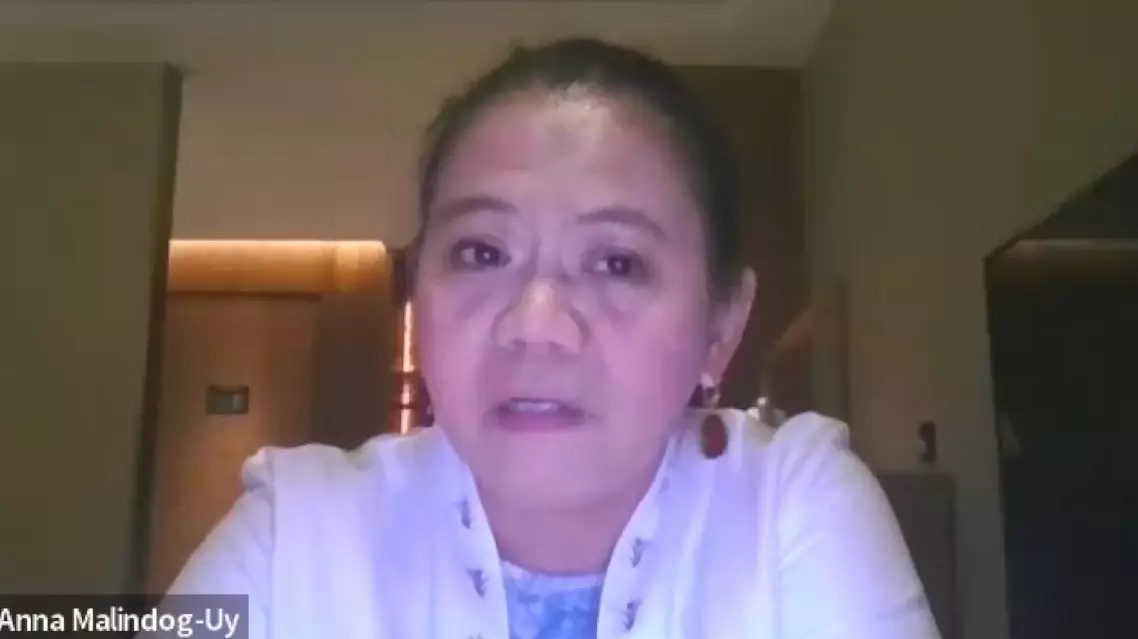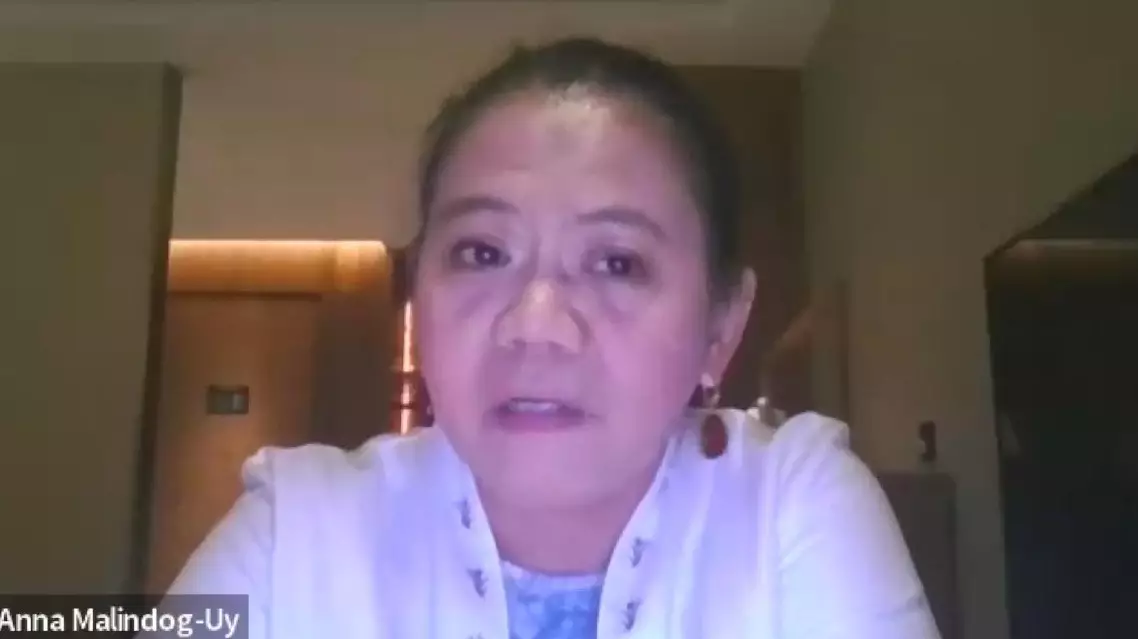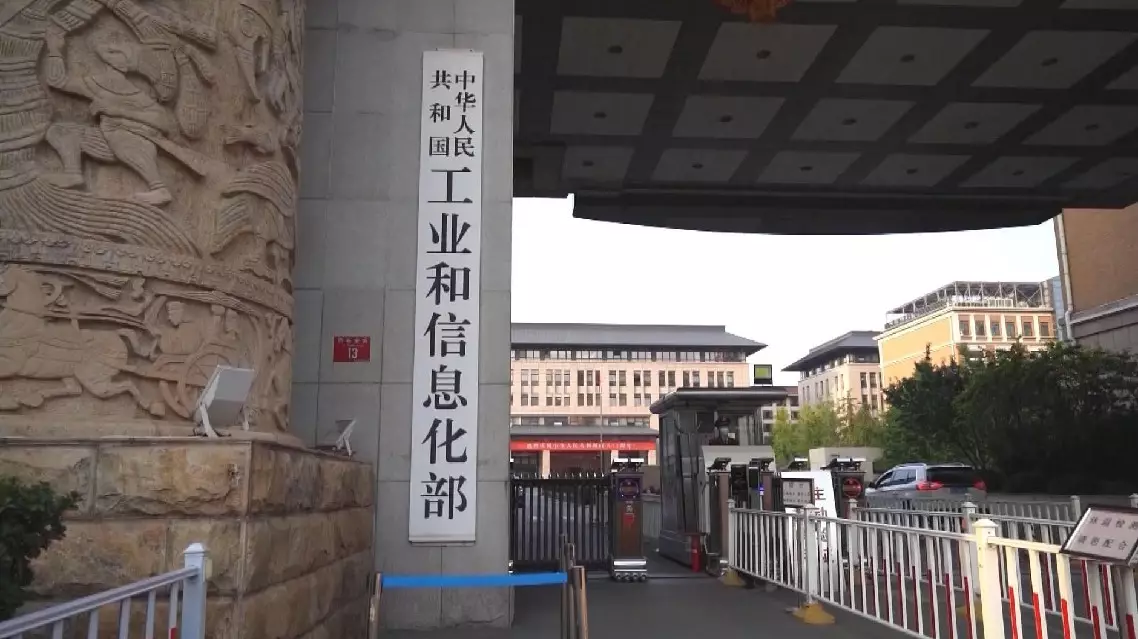Philippine President Ferdinand Marcos Jr's recent South China Sea move is an attempt to redirect public attention from domestic challenges, which heightened the country's tension with China, said a local analyst.
In early September, the Philippine bicameral conference panel approved the country's "Maritime Zones Act" and "Archipelagic Sea Lanes Act", which were signed and enacted by Marcos on Friday.
The "Maritime Zones Act" illegally includes China's Huangyan Dao and most of the islands and reefs of China's Nansha Qundao and relevant waters into the maritime zones of the Philippines, while the "Archipelagic Sea Lanes Act" designates sea lanes in the country for foreign vessels and aircraft, which is incompatible with international law and resolutions of the International Maritime Organization (IMO).
China has summoned the Philippine ambassador to lodge a stern protest over the two Philippine laws demarcating territories in the South China Sea, saying they are attempts to "solidify the illegal 2016 arbitral ruling through domestic legislation.
In an interview with China Global Television Network (CGTN) Saturday, Anna Malindog-Uy, vice president of the Asian Century Philippines Strategic Studies Institute, suggested that Marcos' move is an assertion considerably motivated by domestic context.
"I would presume that this recent development would make the already challenged bilateral relation between the Philippines and China more difficult to bridge, since Beijing perceived this action as provocative and unacceptable. Indeed, the Marcos administration's recent legislative action and maritime strategy have once again heightened tension with China. On another note, as far as domestic context is concerned, politically speaking, Marcos Jr's recent signing of the Maritime Zones Act and the Philippine Archipelagic Sea Lanes Act into law can also be viewed as a strategic move and maneuver to boost its domestic standing amid declining approval and trust ratings in the Philippines," said Malindog-Uy.
"By formalizing the country's maritime boundaries and regulating sea lanes, the Marcos administration appears to be assertive of the Philippine claims over the South China Sea.This resonates with nationalistic sentiments among Filipinos who value strong leadership in defending territorial integrity. Also, introducing this new legislation can redirect public attention from domestic challenges such as economic concerns or governance issues like latent corruption in the country under Marcos Jr's administration. So this shift can mitigate the impact of factors contributing to the declining approval and trust rating of the Philippine president, Marcos Jr. So if you really look at the situation, it's both a domestic maneuver, politically speaking, and at the same time an assertion of the Philippine claims over the south China sea," she further said.

Philippine president's South China Sea move heightens bilateral tensions, deflects domestic pressure: analyst

Philippine president's South China Sea move heightens bilateral tensions, deflects domestic pressure: analyst









